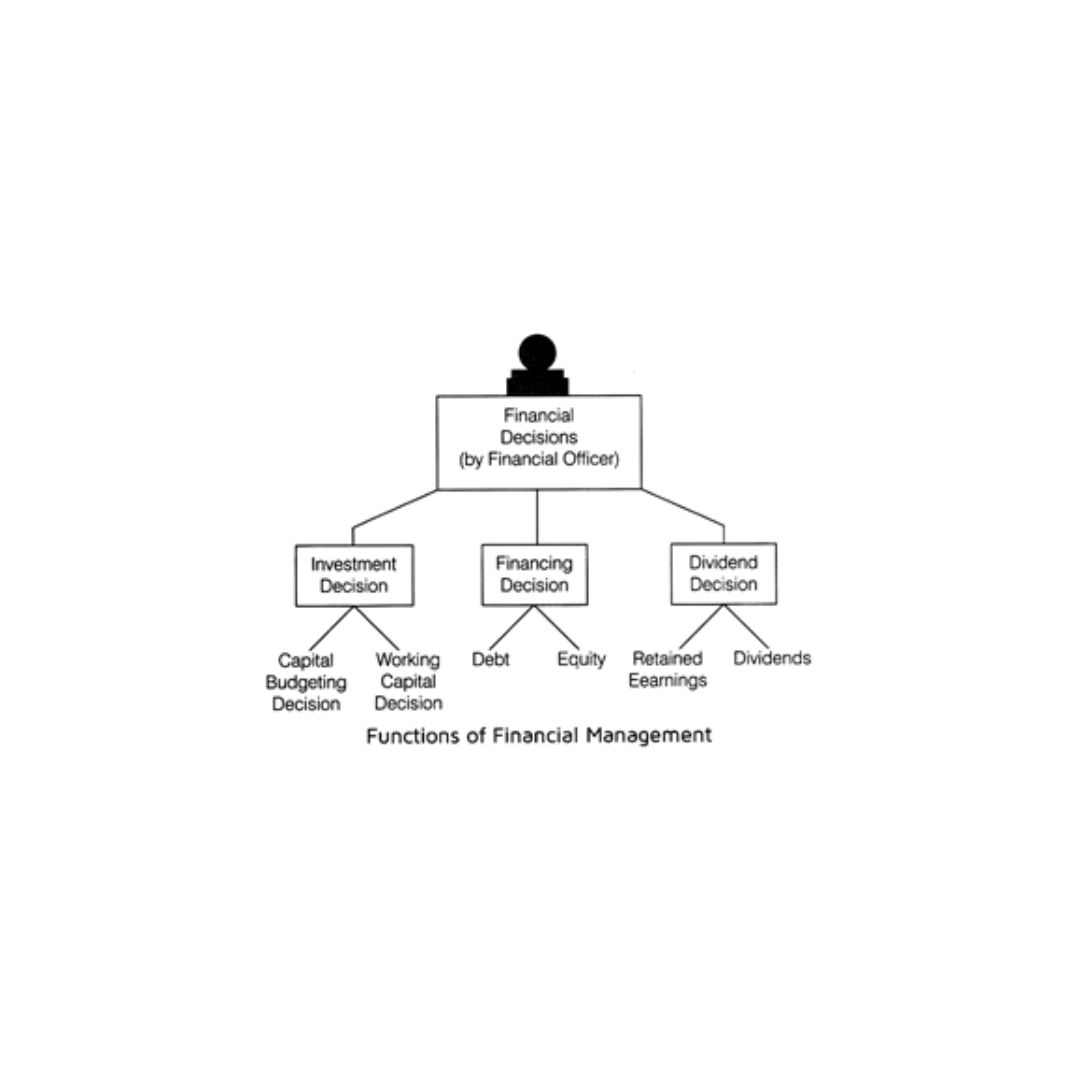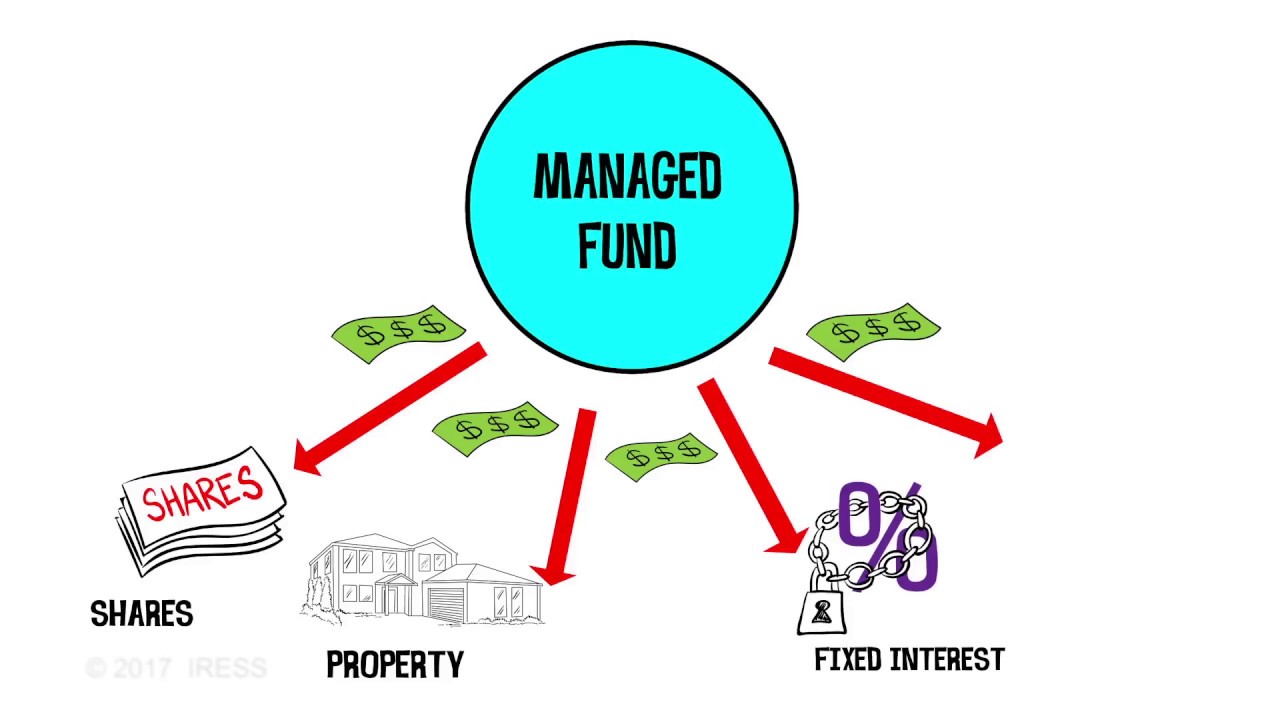How do I determine my liquid net worth?
Determine To determine your liquid net worth, you need to assess the value of your liquid assets and subtract your liabilities. Here’s a step-by-step process: Identify Liquid Assets: Make a list of all your liquid assets, including cash, checking and savings accounts, money market accounts, certificates of deposit (CDs), stocks, bonds, mutual funds, and… Read More »









